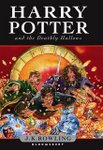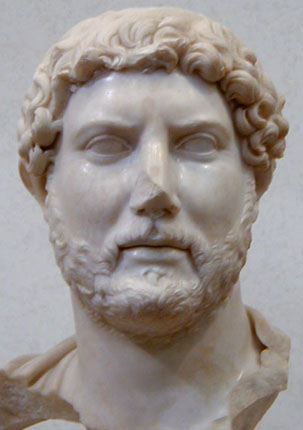150th entry.
Not the Actress...
Elizabeth Taylor (1912-1975) is one of my favorite English novelists. I discovered her in the mid-1990s, when I read her second novel, Palladian, about a young woman named Cassandra Dashwood who is engaged as governess to the daughter of a man named Marion Vanbrugh, an arid classicist who inhabits a crumbling Palladian mansion. I loved the novel for its literary echoes (especially of Jane Austen, Charlotte Brontë, and George Eliot), and for how it blended and undercut this self-conscious literariness with straightforward realism. Cassandra is a palimpsest of Marianne Dashwood, Jane Eyre, and Dorothea Brooke; Vanbrugh is Colonel Brandon, Mr. Rochester, and Edward Casaubon. But the novel is much more than a literary pastiche. One theme that runs through most of Taylor’s novels is the tension between the life of the imagination and the life of ordinary dailiness in the real world. She’s interested in how we see life through what we read, and in how literature provides an inadequate substitute for life itself. Her novels are shaped by the female Great Tradition in literature and the day-to-day realities of women's lives. Her earliest novels are full of characters who are insulated from real life by literature, including an out-of-touch novelist significantly named Beth Cazabon, in her third novel, A View of the Harbour (1947).
Taylor was born in Reading, attended the Abbey School (as did, more than a century earlier, Jane Austen), and worked as a governess and librarian before marrying a business man and settling down for the rest of her life as a housewife in Penn, Buckinghamshire. Her father-in-law was at one time the mayor of nearby High Wycombe, which we pass through on the train journey from Warwick to London. In a rare interview, she confessed, “I dislike travel or change of environment, and prefer the days (each with its own domestic flavour) to come around almost the same, week after week…. I also very much like reading books in which practically nothing ever happens.” She raised two children, who must have been quite young when she wrote her first novel, and seems to have enjoyed hanging out the laundry. Here’s a passage from Angel. The title character has become a successful romance novelist, writing novels that have very little relation to real life. Her poor mother, Mrs. Deverell, has been forced to leave behind her familiar cramped shop in town to live an idle life in Angel’s large suburban home:
At a time of her life when she needed the security of familiar things, these were put beyond her reach. It seemed to her that she had wasted her years acquiring a skill which in the end was of no use to her; her weather-eye for a good drying day; her careful ear for judging the gentle singing sound of meat roasting in the oven; her touch for the freshness of bacon; and how, by smelling a cake, she could tell if it were baked: arts, which had taken so long to perfect, now fell into disuse. She would never again, she grieved, gather up a great fragrant line of washing in her arms to carry indoors... The smell of ironing being done or the sound of eggs being whisked set up a restlessness which she could scarcely control.
In the background of this, I catch a glimpse of Taylor herself, the successful novelist, determinedly holding onto her ordinary life—the raising of her children, the drying of laundry, the middle-class anonymity of a Home County businessman’s wife. She kept herself rooted in what was real from day to day. All of this (the erudite literary references and the grounding in dailiness) had an immense appeal for me in the mid-1990s when I was making the sometimes difficult transition from visiting assistant professor of classics to stay-at-home father. Elizabeth Taylor seemed like a kindred spirit: someone who had read and appreciated Middlemarch, but who also knew what it was like to rinse out diapers in the toilet.
For years, Elizabeth Taylor felt like my own personal discovery. I found her novels in yellowing old Virago paperback editions languishing on the shelves of used book shops. There was no biography, and only one or two scholarly articles on her work. But Elizabeth Taylor is suddenly becoming popular. Virago has reissued her novels in slick updated editions, and two recent films have been made of her novels: Mrs. Palfrey at the Claremont (2005), starring Joan Plowright, and Angel (2007), starring Romola Garai, Charlotte Rampling, and Sam Neill.
Subscribe to:
Post Comments (Atom)


No comments:
Post a Comment